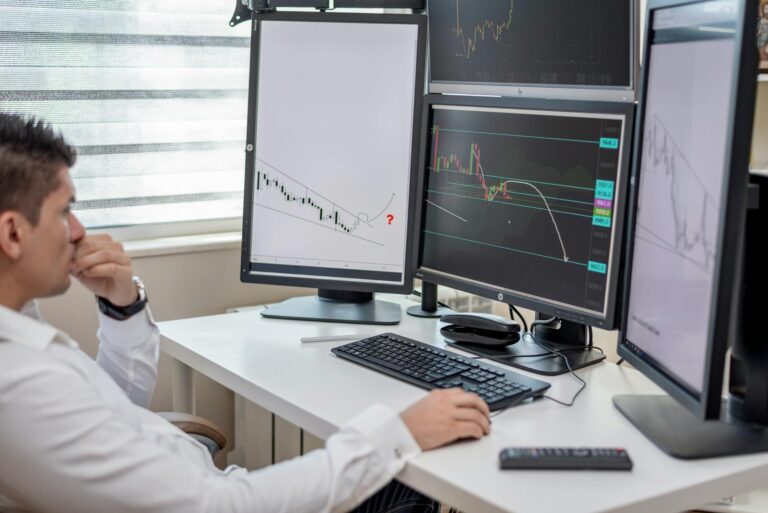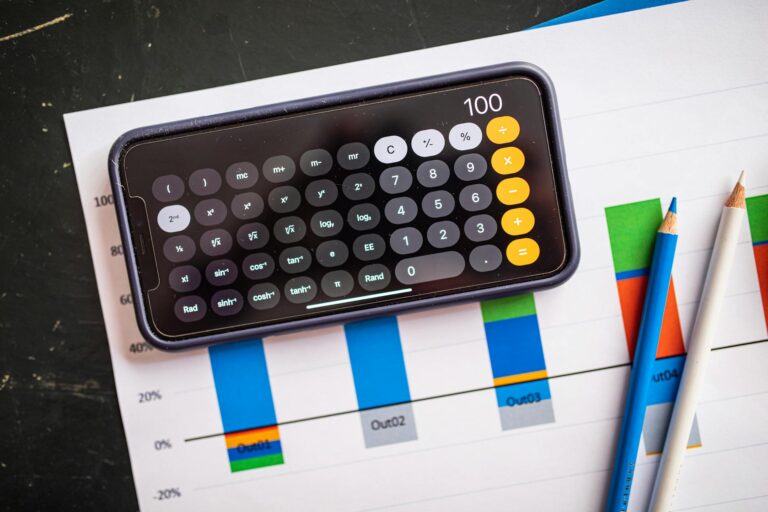Harnessing Psychology: The Hidden Edge in Forex Trading Success
Understanding the Psychological Battlefield in Forex Trading
Forex trading is often viewed through the lens of technical analysis, charts, and economic indicators. While these elements are crucial, the psychological aspect of trading remains an underexplored yet powerful edge that can determine long-term success or failure.
The Role of Emotions in Trading Decisions
Emotions such as fear, greed, and hope significantly influence traders’ decisions. Fear can cause premature exits, greed may lead to overleveraging, and hope often results in holding losing positions too long. Recognising and managing these emotions is fundamental to structured and disciplined trading.
Building Psychological Resilience
Developing mental toughness is a critical skill. This includes:
- Accepting Losses: Viewing losses as part of the learning curve rather than personal failures.
- Maintaining Discipline: Sticking to predefined trading plans and risk management strategies.
- Continuous Learning: Adapting and evolving strategies based on experience rather than reacting impulsively.
Techniques to Enhance Trading Psychology
Several practical methods can help improve psychological resilience:
- Meditation and Mindfulness: Reduces stress and improves focus during high-pressure trading sessions.
- Journaling: Tracking trades and emotional states to identify patterns and areas for improvement.
- Setting Realistic Goals: Helps maintain motivation without succumbing to unrealistic expectations.
Conclusion: The Psychological Edge
While technical skills and market knowledge form the foundation of Forex trading, the psychological edge often separates consistent winners from the rest. By investing in mental discipline and emotional awareness, traders can achieve greater control over their decisions, ultimately leading to improved performance and profitability.







